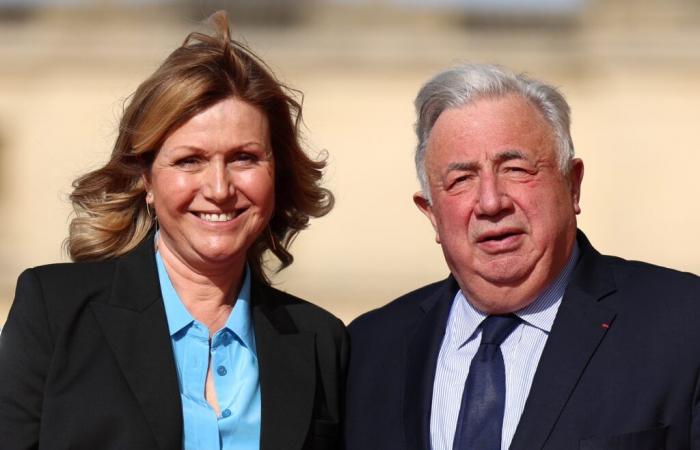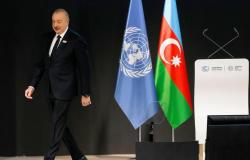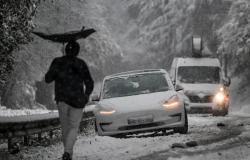In an interview with Le Monde published on Saturday, they called for not only focusing on the political question, but also for moving forward on the New Caledonian nickel crisis, the economic heart of the archipelago.
“Everything is linked”, there is “a chance of reaching a global settlement”, believes Yaël Braun-Pivet. Our move is “a new stage, not the last,” she warns, however.
“We are here to help with humility,” notes Gérard Larcher. “We need a new method (…) be careful to want to force”, the solutions must “be prepared on Caledonian soil”, he adds, believing that it is possible to find “a path to move towards autonomy very thorough without breaking the link with the republic”.
The parliamentary duo was instructed by Prime Minister Michel Barnier to go to New Caledonia to renew the institutional dialogue between the loyalist and independence camps on the status of the island, still at a standstill.
On the program for their trip, three days of meetings with political, economic, trade union forces and the New Caledonian people.
They will go to the Customary Senate on Monday morning – Nouméa time, Sunday evening in mainland France – before a formal session at the Congress of New Caledonia on Tuesday, during which they will speak to elected officials.
The historic riots which began in May were triggered by the desire of the former government to adopt a highly sensitive constitutional reform on the expansion of the electorate for provincial elections.
Since then, the new Barnier coalition has sent signs of appeasement: it has abandoned the reform and the provincial elections have been postponed until November 2025 at the latest. But questions remain about the institutional future of the archipelago while three self-determination referendums provided for by the Nouméa Accords in 1998 have been held since 2021, with the victory of the “no” vote for independence.
The question of reconstruction is also major. The cost of the riots is estimated at at least 2.2 billion euros by the New Caledonian government, or 25% of the territory’s GDP.






